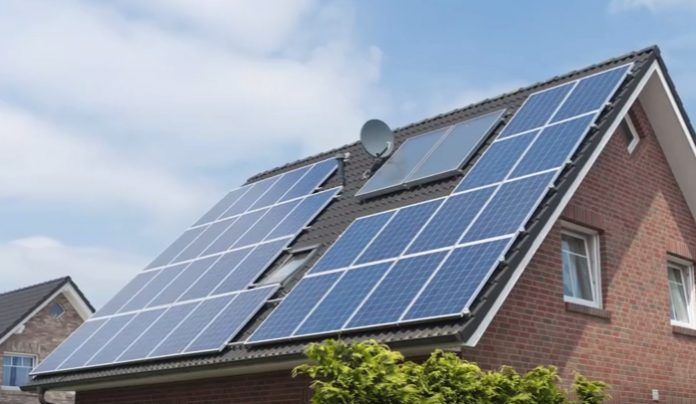Geothermal energy is cleaner. It’s more efficient. It can be more cost-effective. When a nation is dependent on foreign fossil fuels to generate power, geothermal energy can provide a path toward independence.
Fossil fuels are a proven resource. There are numerous options available, including coal and natural gas. The infrastructure for the consumption of fossil fuels is well-established.
In the geothermal energy vs fossil fuels debate, the primary consideration often tends to involve money. It can be a tremendous investment to build new geothermal energy resources compared to adding onto the existing supply chain for fossil fuels. When that investment is made, then carbon dioxide production goes down, sulfur gas production goes down, and even nitrous oxide levels are lower.
Advantages of Geothermal Energy Over Fossil Fuels
Over the long-term, however, geothermal energy has numerous advantages over fossil fuels.
1. Geothermal energy is cheaper to process and distribute.
Because geothermal energy focuses on the heat generated underneath our feet, there is no requirement to obtain, process, and transport resources that can then be burned as fuel. This saves money over time because the cost for incoming transports is virtually eliminated once the power plant comes online.
2. Geothermal energy is more reliable.
Unlike coal-fired plants or even nuclear reactors, geothermal energy is considered to be more reliable as a resource. Its stability and continuing presence allows for a power plant based on this alternative resource to operate every hour of every day without interruption.
3. Geothermal energy can cut down utility bills.
For homes that are using their own geothermal energy pump, they are able to cut their energy bills by up to 40% almost immediately. Although the initial cost of such a system can be as much as $30,000, the savings provided can make such a system pay for itself within 10 years for most households.
Advantages of Fossil Fuels Over Geothermal Energy
Of course, there are certain advantages that fossil fuels provide that may make it less feasible to approach geothermal energy.
1. Fossil fuels are easy to access.
Many fossil fuels, such as coal, are easily obtained through proven mining efforts. Accessing geothermal energy is not as easy. The geographic availability of geothermic energy is limited and current technologies do not always provide us with the ability to tap into this resource when it is located deep below the surface.
2. The initial cost can be too much.
Just one geothermal energy well may cost $4 million and that’s just to begin the drilling process. With the infrastructure already in place for fossil fuels, some communities just do not have the financial resources to use geothermal, even if they would like to do so.
3. We still need technology development.
The US believes that there are massive geothermal resources available at a depth of 10 kilometers, especially in the western and island states. Reaching this depth requires technical solutions which do not currently exist, nor are being looked at presently.
In a perfect world, the geothermal energy vs fossil fuels debate would already be over. When established, geothermal energy is much cleaner and effective. For now, because cost is such a dominating factor, the energy source that is chosen will continue to be based on what communities can afford.
Crystal Lombardo is a contributing editor for Vision Launch. Crystal is a seasoned writer and researcher with over 10 years of experience. She has been an editor of three popular blogs that each have had over 500,000 monthly readers.


















